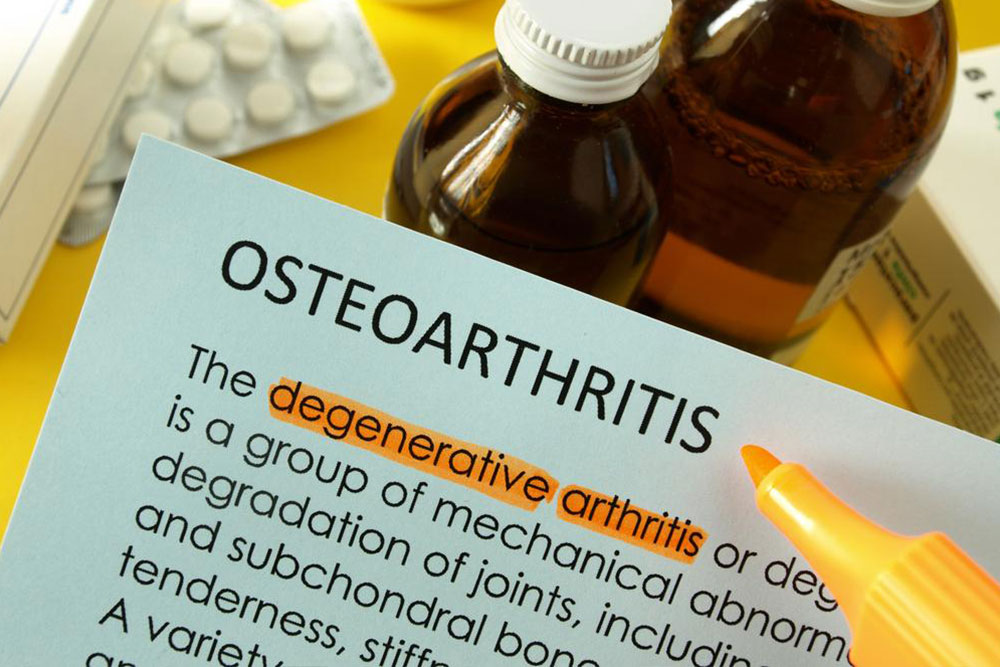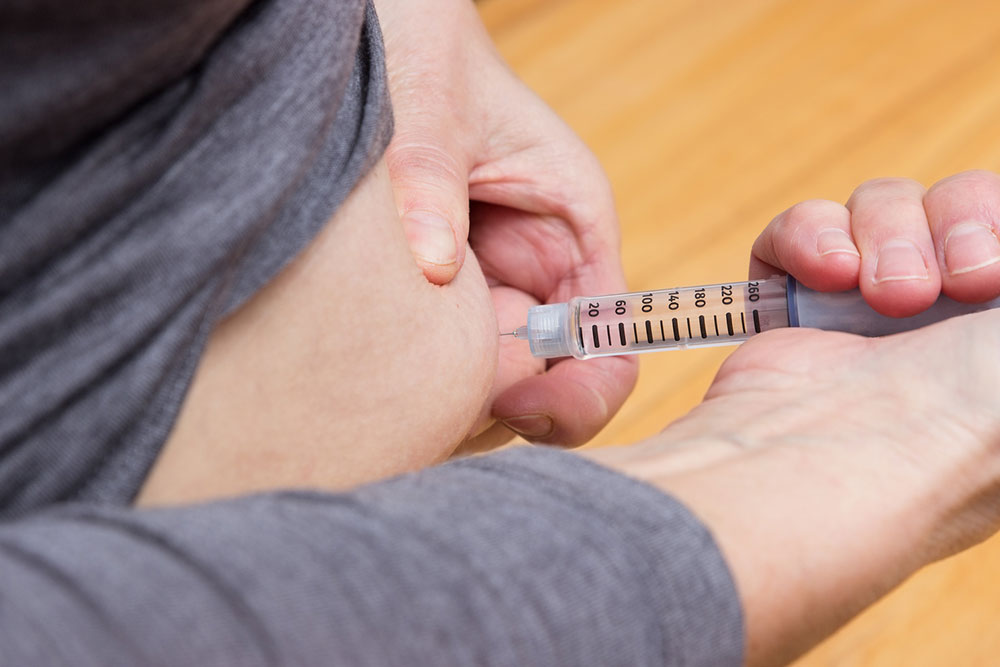Types of Rehabilitation Facilities and Their Services
This article explores various types of rehabilitation centers, including physical, addiction, criminal, eating disorder, and psychiatric rehab facilities. It highlights their specific functions and treatment approaches, guiding individuals toward appropriate recovery options. Whether recovering from physical injuries or mental health issues, these centers play a crucial role in restoring well-being. Understanding the differences helps patients choose suitable programs for effective rehabilitation and long-term recovery support.

Varieties of Rehabilitation Centers
Rehabilitation facilities are specialized institutions providing various treatments and therapies to address health issues or dependencies. These centers serve diverse needs, including addiction recovery and behavioral reform for offenders. Below is an overview of different rehabilitation types tailored for specific conditions:
Physical Medicine and Therapy Centers
Physiatry centers focus on aiding recovery after surgeries or assisting individuals with mobility challenges. Led by physiatrists, these centers aim to restore function and enhance life quality in patients with impairments related to the nervous system, spine, or musculoskeletal system. Treatments generally include physical, occupational, and speech therapy. Most services are outpatient, targeting non-surgical issues like injuries or chronic pain.
There are mainly three therapy categories provided: physical, occupational, and speech therapies. These are typically outpatient services; inpatient programs are often used for more severe conditions. Physiotherapists handle orthopedic, work-related injuries, and long-term discomforts.
Addiction Treatment Facilities
Facilities dedicated to overcoming substance dependencies, such as alcohol or drugs, often recommend residential programs for severe cases. These environments provide a calm setting away from stressors, supporting steady recovery. For less severe cases, outpatient options allow patients to attend regular sessions while staying at home, balancing cost and convenience. Both program types involve behavioral therapy or medication-assisted treatment to address psychological and physiological addiction aspects.
Rehabilitation for Justice-Involved Individuals
Programs designed for offenders and inmates focus on behavioral reform. These include educational classes and employment training to facilitate societal reintegration. Such initiatives aim to address underlying psychological factors and equip individuals with skills like punctuality and responsibility, easing their transition back into the community.
Eating Disorder Recovery Centers
Eating disorders involve harmful behaviors towards food and body image, such as anorexia or binge eating. Severity determines treatment approach; severe cases often require inpatient care with constant monitoring. Less serious cases may be managed via outpatient or partial hospitalization programs, depending on the level of medical oversight needed.
Psychiatric Rehabilitation Facilities
These centers assist individuals recovering from mental illnesses like bipolar disorder or schizophrenia. Post-treatment, psychiatric rehab helps patients regain social and cognitive skills, ensuring smoother societal reintegration. The process supports those with chronic psychiatric conditions to manage their symptoms and lead functional lives.










